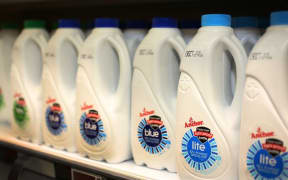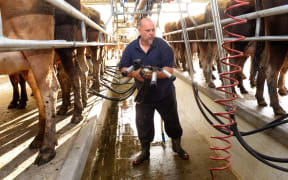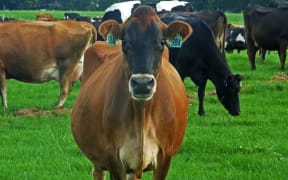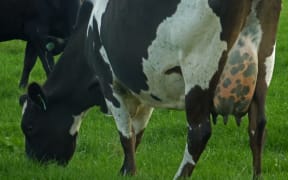Farmers say a further dip in international dairy prices leaves them facing a tough year ahead.
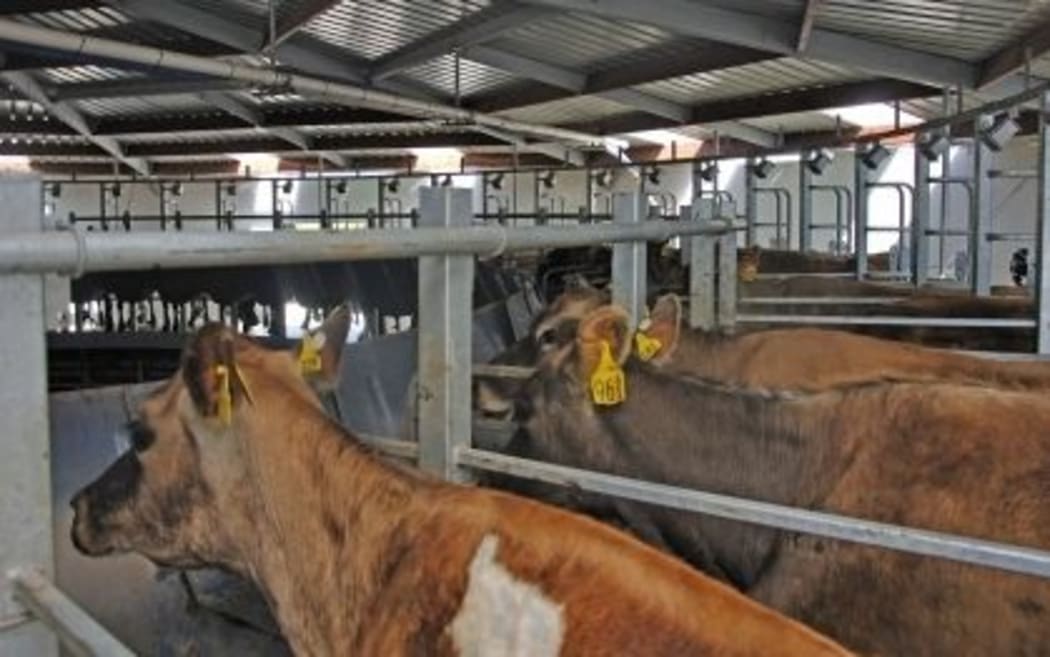
Photo: 123rf
Prices in Tuesday's overnight Global Dairy Trade auction fell by 2.2 percent and the price of whole milk powder, which underpins Fonterra's payout to farmers, slipped by 0.5 percent.
Federated Farmers dairy chairperson, Andrew Hoggard, said although the size of the drop was smaller than the four before it, there were tough times ahead, and farmers were not expecting a lift till at least the end of the year.
The price for whole milk powder slipped to $US2390 a tonne, while the overall price index fell to $2472 and skim milk powder fell 3.6 percent, to just below $2000.
Prices at the auction have fallen by more than 20 percent since February. At the last auction a fortnight ago, prices were at their lowest level since 2009 and on 30 April Fonterra revised its forecast payout by 20 cents to $4.50 a kilo of milk solids.
Mr Hoggard said one small positive was that the falls were becoming smaller.
"It's sort of semi-viewed as a positive sign that we're not that far away from a lift happening.
"At the same time it's still a concern for farmers, with the new season not too far away. (It) doesn't deliver great confidence in what the next season opening price might be."
Mr Hoggard said he expected that spring was going to be "really tight and pretty hard for farmers getting through".
Good signs from Europe - AgriHQ
Despite the further fall, AgriHQ's Susan Kilsby said an increase in buyers and the European milk supply hitting its peak was a good sign for the industry.
"I wouldn't have been surprised if we had seen prices move up at this auction but that wasn't the case.
"At the moment skim milk powder is still being weighed down heavily by the large supply that's coming out of Europe and the United States, but whole milk powder is starting to show more positive signs.
"Also the European milk product, it appears to have increased, but not reached last year's level in the main milk producing countries of France and Germany.
"There is some growth there but it's not massive so that's good as well."
